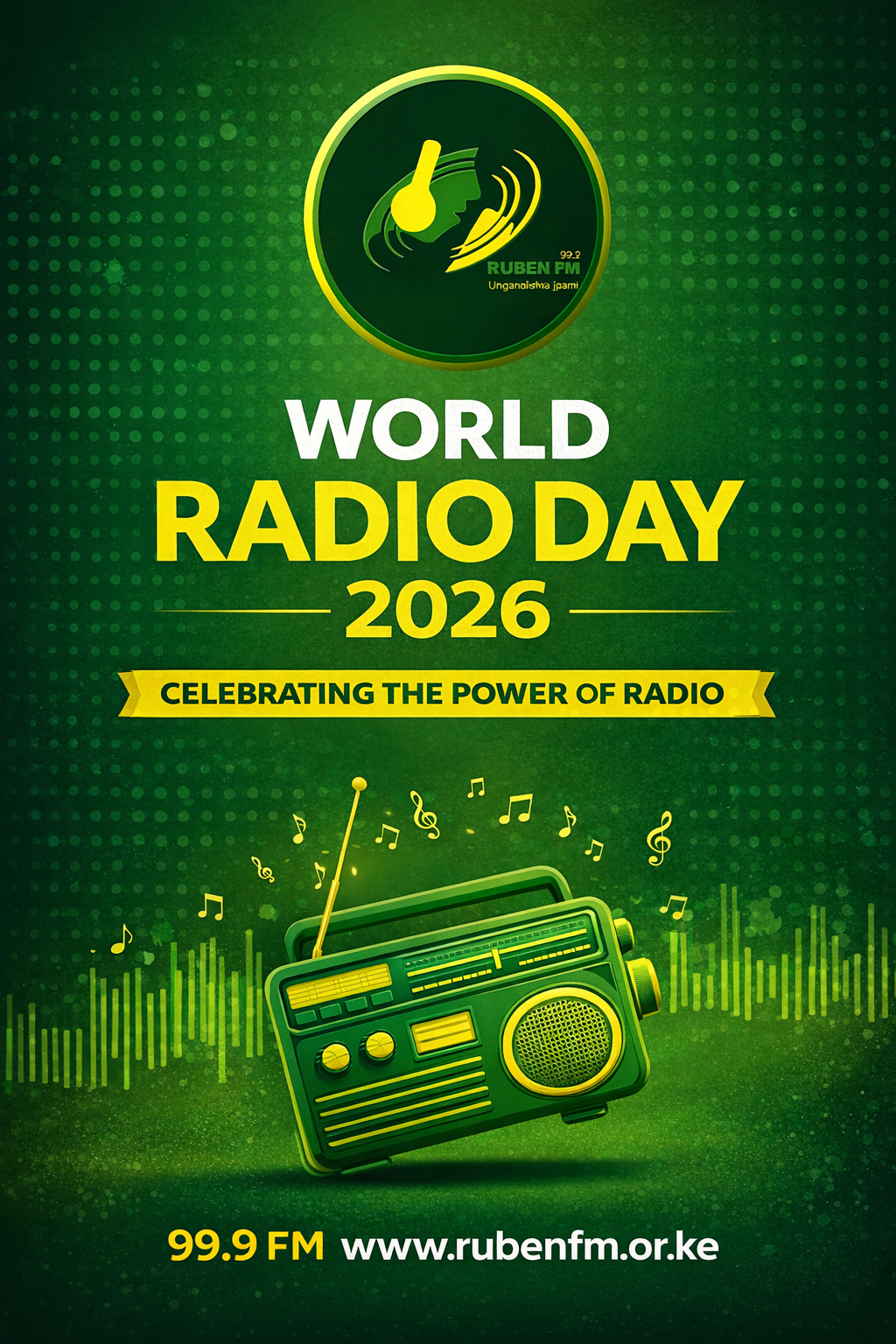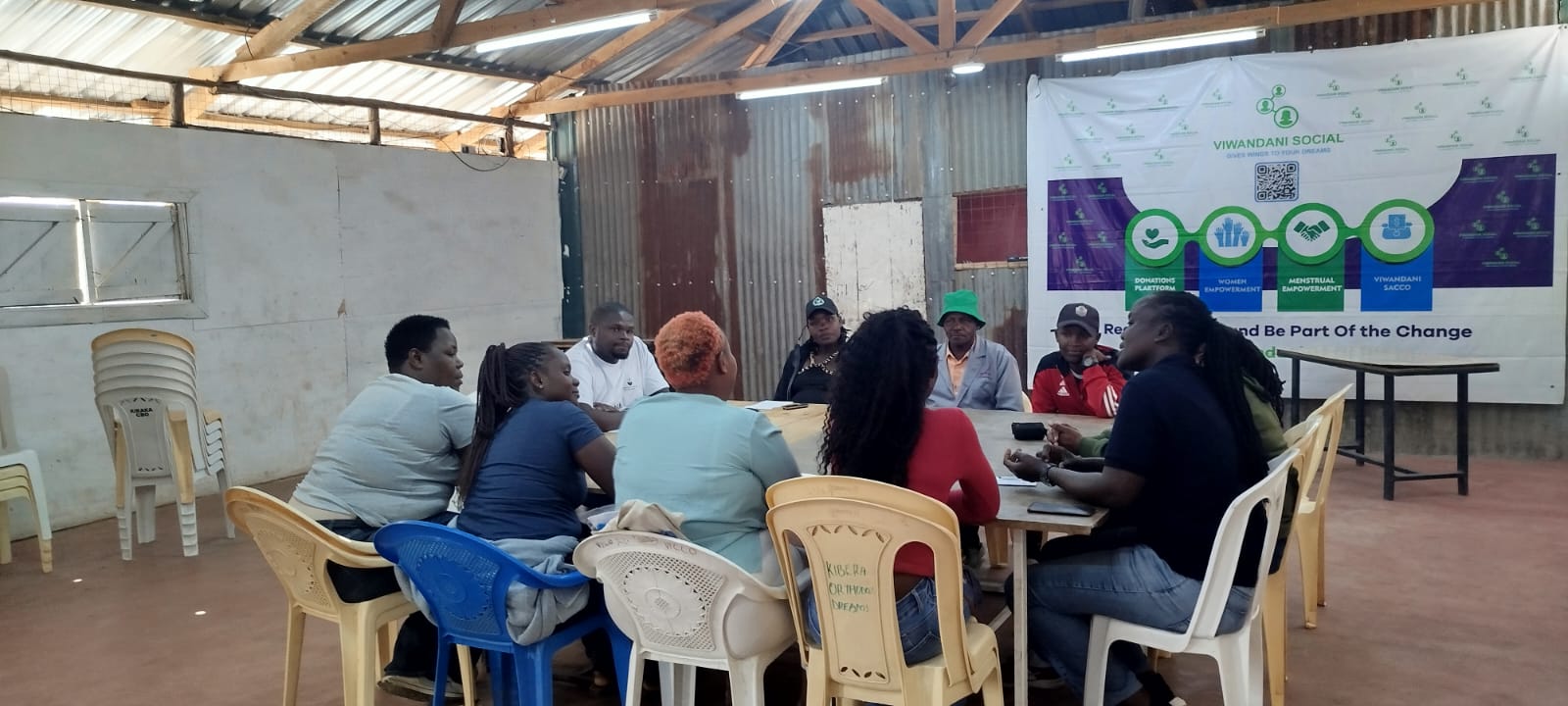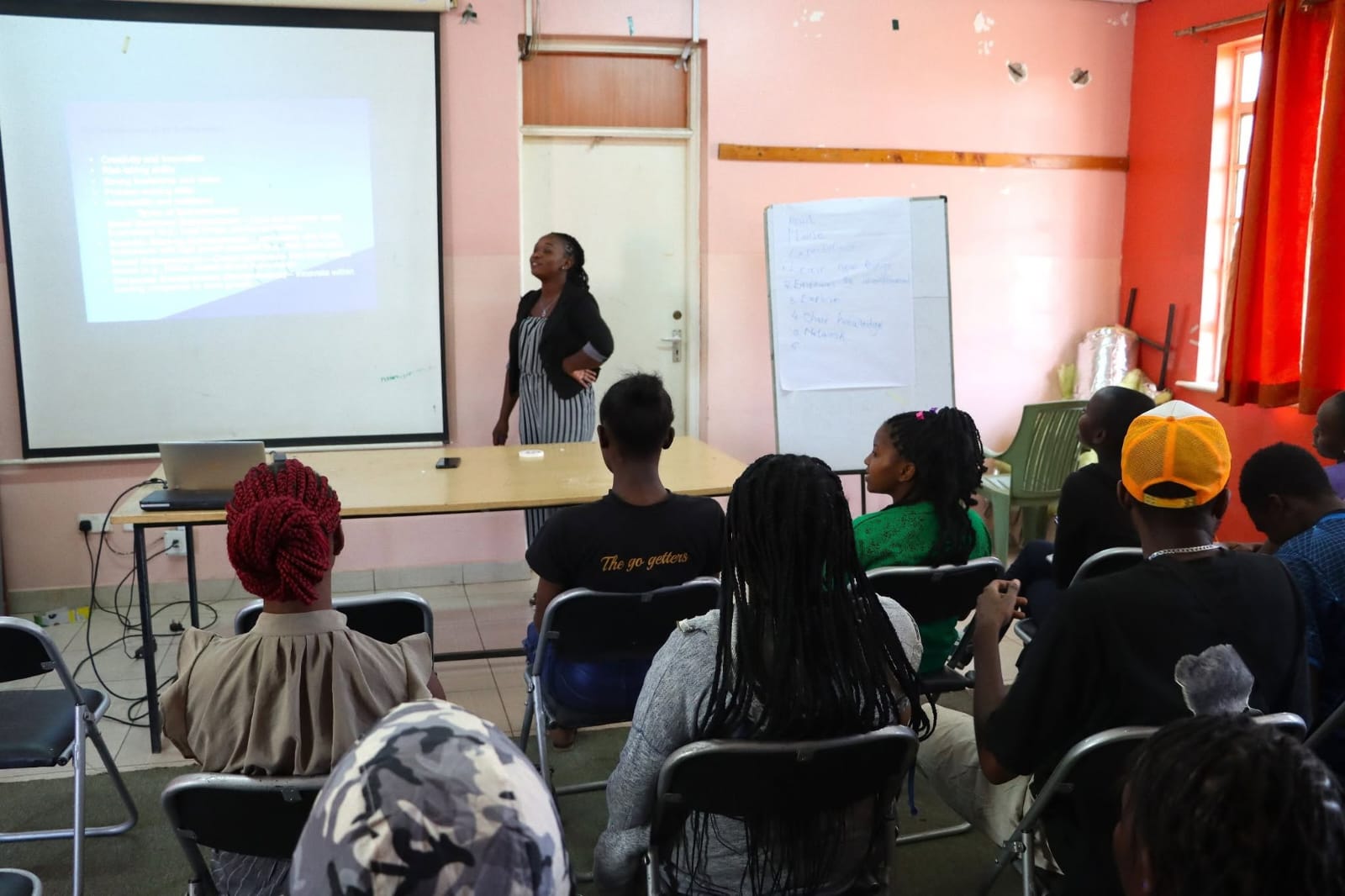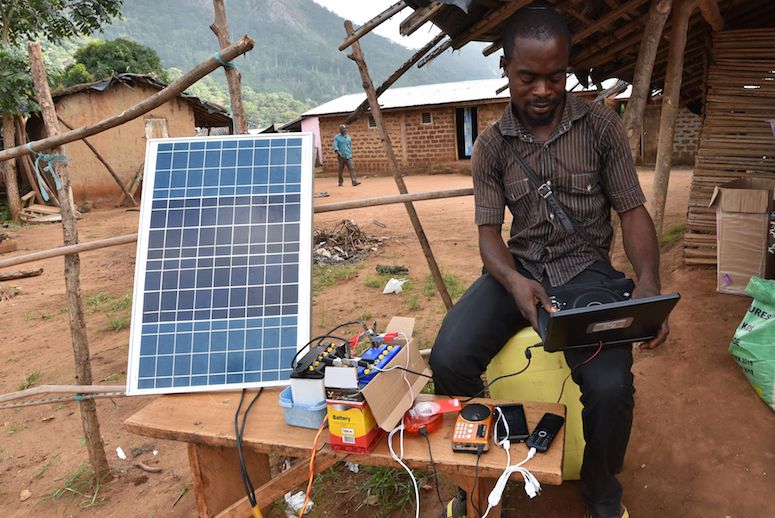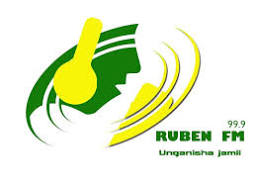FALSE: Photo does not show the drought situation in Embolioi, Kajiado County, in October 2022
MISSING CONTEXT: This video of a ruptured pipeline in Aboru, Nigeria, is not from 2023
The recording is of an incident that happened in July 2020.

This video on Facebook supposedly of a ruptured pipeline in Aboru, Nigeria, in July 2023 is MISSING CONTEXT.
The clip, which was published on 25 July 2023, was accompanied by a text urging netizens to share the video so that Aburo residents can get help.
“Pls share this video to help people in Aboru via lyana Ipaja Oke odo local government Lagos State. Pipeline outburst around the place,” the post reads.
But is the video from July 2023?
Google reverse image search results on a keyframe from the video established that the clip is from July 2020.
According to a report by The Whistler on 7 July 2020, the video was taken by a resident and depicts petroleum spewing out of a ruptured pipeline in Lagos State.
VIDEO: Lagos Residents Raise Alarm As Petrol Gushes Out Of Pipeline – The Whistler Newspaper
Residents of Aboru in Agbado/Oke Odo Local Council Development Area (LCDA), Lagos State, have raised the alarm over a…
thewhistler.ng
News of the ruptured pipeline was also published here and here.
On 26 July 2023, the Nigerian National Petroleum Corporation (NNPC) also released a statement confirming that the video is from July 2020.
“The NNPC Ltd. wishes to inform the general public, especially communities in the Aboru axis of Lagos State, that a video in circulation on social media indicating a pipeline leakage in the area is three years old and should thus be disregarded in its entirety,” NNPC said.
PesaCheck examined a video on Facebook supposedly of a ruptured pipeline in Aboru, Nigeria, in July 2023 and found it to be MISSING CONTEXT.
This post is part of an ongoing series of PesaCheck fact-checks examining content marked as potential misinformation on Facebook and other social media platforms.
By partnering with Facebook and similar social media platforms, third-party fact-checking organisations like PesaCheck are helping to sort fact from fiction. We do this by giving the public deeper insight and context to posts they see in their social media feeds.
Have you spotted what you think is fake or false information on Facebook? Here’s how you can report. And, here’s more information on PesaCheck’s methodology for fact-checking questionable content.
This fact-check was written by PesaCheck fact-checker Rodgers Omondi and edited by PesaCheck senior copy editor Cédrick Irakoze and acting chief copy editor Francis Mwaniki.
The article was approved for publication by PesaCheck managing editor Doreen Wainainah.
PesaCheck is East Africa’s first public finance fact-checking initiative. It was co-founded by Catherine Gicheru and Justin Arenstein, and is being incubated by the continent’s largest civic technology and data journalism accelerator: Code for Africa. It seeks to help the public separate fact from fiction in public pronouncements about the numbers that shape our world, with a special emphasis on pronouncements about public finances that shape government’s delivery of Sustainable Development Goals (SDG) public services, such as healthcare, rural development and access to water / sanitation. PesaCheck also tests the accuracy of media reportage. To find out more about the project, visit pesacheck.org.
PesaCheck is an initiative of Code for Africa, through its innovateAFRICA fund, with support from Deutsche Welle Akademie, in partnership with a coalition of local African media and other civic watchdog organisations.
